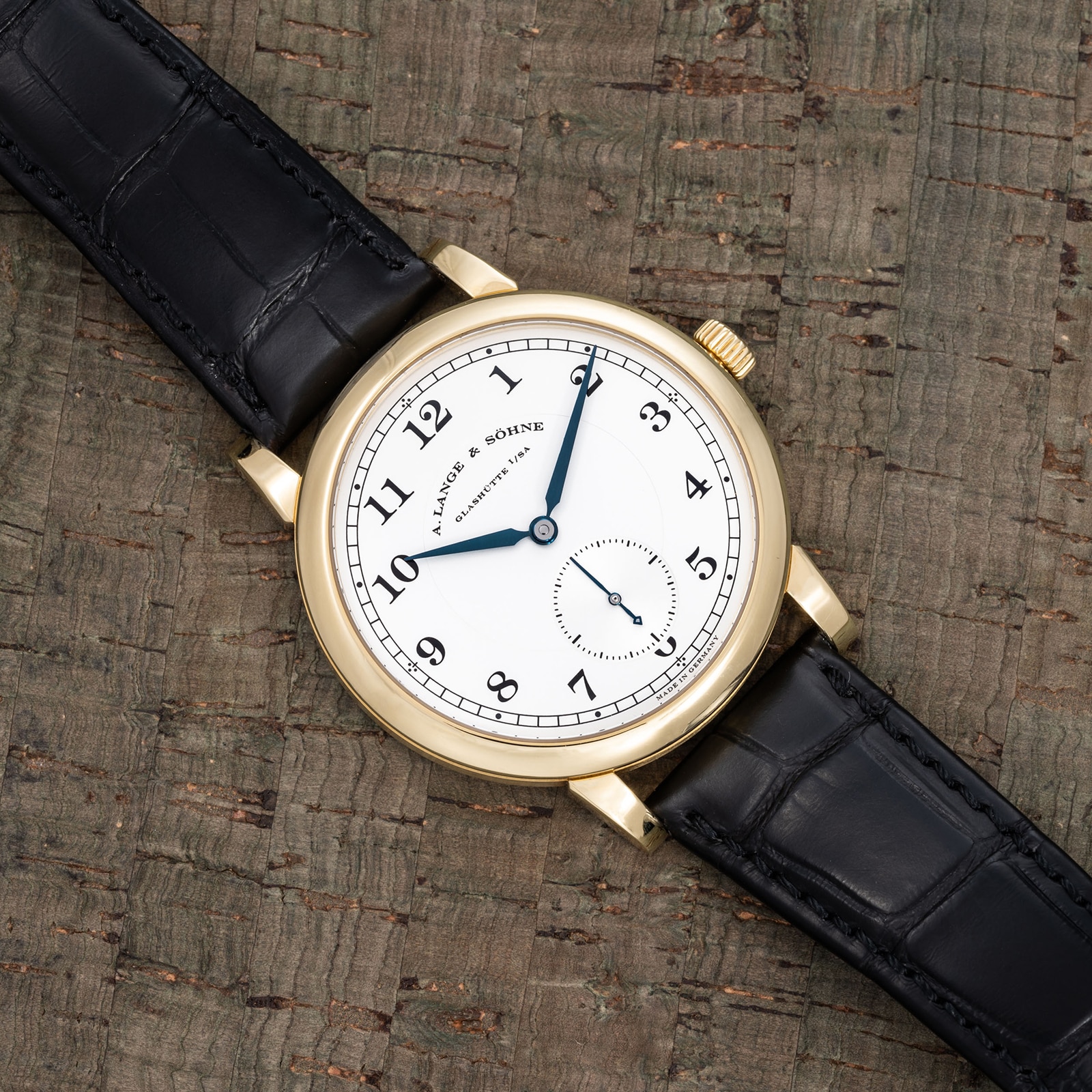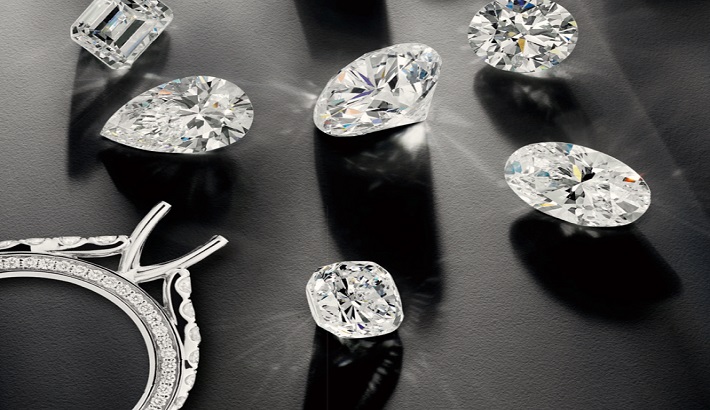Choosing a diamond is a significant investment, and understanding the nuances of diamond certifications can make a world of difference. Let’s dive into the GIA vs IGI debate to help you make an informed decision.
Understanding Diamond Certifications
Importance of Diamond Certification
When purchasing a diamond, certification is key. A diamond certificate, also known as a diamond grading report, provides an unbiased evaluation of a diamond’s quality. It details the 4Cs: Carat, Cut, Color, and Clarity, ensuring you get what you pay for.
What is GIA?
History and Background of GIA
The Gemological Institute of America (GIA) was founded in 1931 and is one of the most respected diamond grading laboratories worldwide. The institute’s mission is to ensure public trust in gems and jewelry through research, education, and laboratory services.
GIA Certification Process
GIA’s certification process is rigorous. Each diamond is assessed by several gemologists who analyze the stone independently to ensure accuracy and consistency.
GIA Grading Scale
GIA uses a standardized grading scale for diamonds. The 4Cs—Carat, Cut, Color, and Clarity—are graded meticulously, with the results documented in a detailed report.
GIA Reputation in the Industry
GIA is renowned for its stringent grading standards and reliability. Many jewelers and consumers prefer GIA-certified diamonds due to their consistency and trustworthiness.
What is IGI?
History and Background of IGI
The International Gemological Institute (IGI) was established in 1975 and has grown to be one of the largest gemological laboratories. IGI operates globally, providing certification services for diamonds and gemstones.
IGI Certification Process
IGI’s certification process is comprehensive but considered slightly less stringent than GIA’s. IGI also employs multiple gemologists to grade each diamond, aiming for accuracy and consistency.
IGI Grading Scale
IGI uses a similar grading scale to GIA, focusing on the 4Cs. However, some industry experts believe that IGI’s grading may be slightly more lenient compared to GIA.
IGI Reputation in the Industry
IGI is well-regarded, especially in regions like Europe and Asia. While some may view IGI as less stringent than GIA, it remains a respected name in lab created diamonds certification.
Comparison Between GIA and IGI
Differences in Certification Process
Both GIA and IGI employ rigorous processes, but GIA is often seen as more meticulous. GIA’s multi-step verification process adds a layer of reliability.
Differences in Grading Scales
Although both use the 4Cs, GIA’s grading is generally perceived as stricter. This can mean a GIA-graded diamond might appear slightly different than an IGI-graded diamond of the same grade.
Differences in Industry Reputation
GIA is the gold standard in the US, while IGI holds strong influence in Europe and Asia. GIA’s reputation for strict grading makes its certifications highly valued in the market.
Differences in Cost
GIA certification can be more expensive due to its rigorous standards. IGI certification is often less costly, which can appeal to budget-conscious buyers.
GIA vs IGI: Accuracy and Consistency
Grading Accuracy
GIA is renowned for its accuracy. Its multi-gemologist approach ensures consistent and precise grading. IGI also maintains accuracy but is sometimes seen as more lenient.
Consistency in Grading
Consistency is key for both organizations. GIA’s process is slightly more stringent, offering higher consistency. IGI, while consistent, may occasionally grade diamonds more leniently.
Case Studies and Examples
Several studies and comparisons show that GIA often grades more strictly than IGI. For instance, a diamond graded as an “H” in color by GIA might be graded as a “G” by IGI.
Market Perception and Trustworthiness
Consumer Trust in GIA
Consumers tend to trust GIA for its rigorous standards and reliability. GIA-certified diamonds often fetch higher resale values.
Consumer Trust in IGI
IGI is trusted, particularly in Europe and Asia. Its certification is respected, though some buyers may perceive it as less stringent than GIA.
Resale Value and Market Demand
GIA-certified diamonds generally have higher resale value due to their perceived stricter grading. IGI-certified diamonds also hold value but may be slightly lower in resale.
Pros and Cons of GIA Certification
Advantages
- High trust and reliability
- Strict and consistent grading
- Higher resale value
Disadvantages
- More expensive certification
- Longer processing times
Pros and Cons of IGI Certification
Advantages
- Cost-effective certification
- Faster processing times
- Respected globally, especially in Europe and Asia
Disadvantages
- Perceived as less stringent
- Slightly lower resale value
Which Certification is Right for You?
Factors to Consider
Consider your budget, the intended use of the diamond, and how much you value strict grading standards.
Personal Preferences
If you prioritize stringent grading and higher resale value, GIA is the better choice. For a more budget-friendly option with reliable certification, IGI is suitable.











